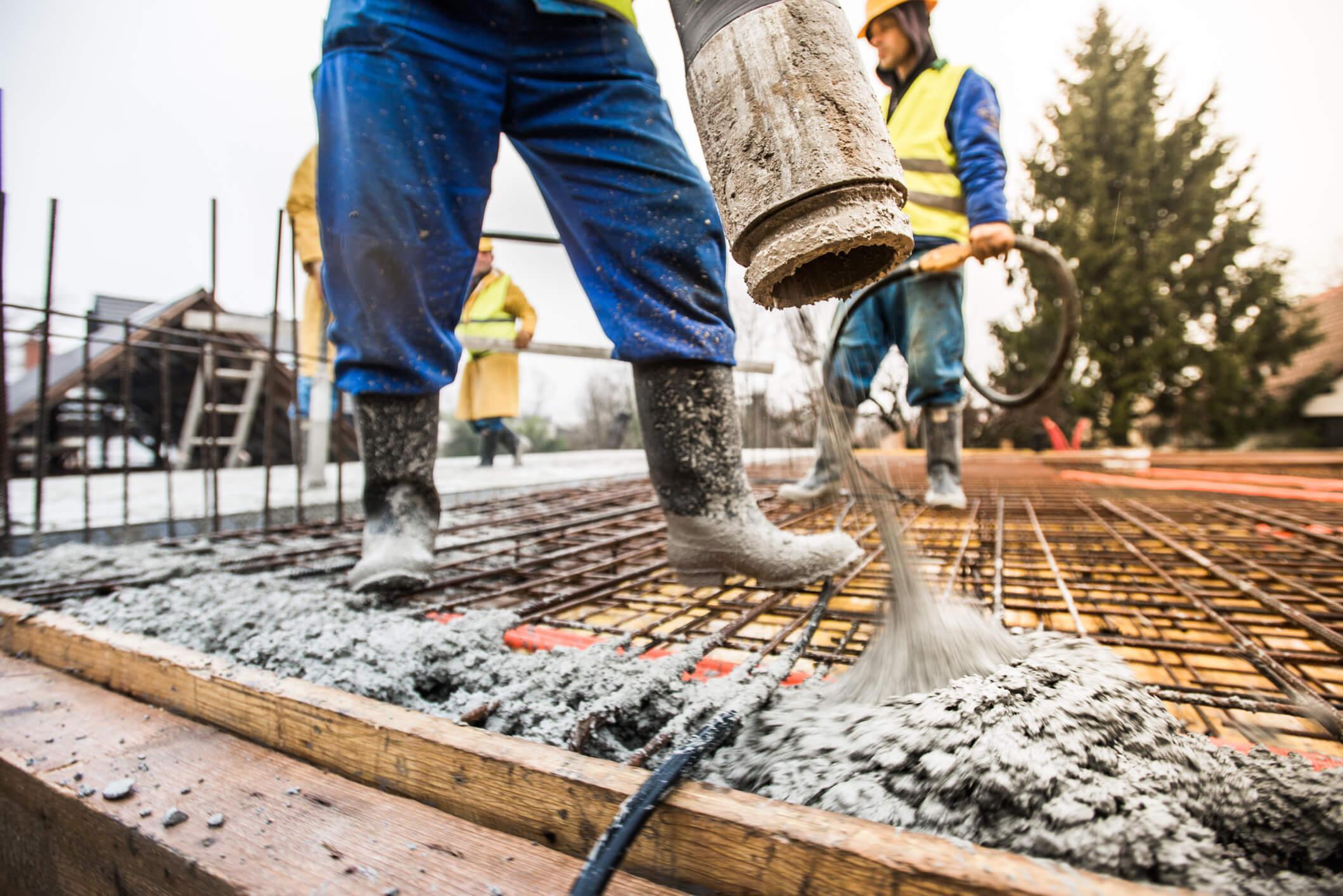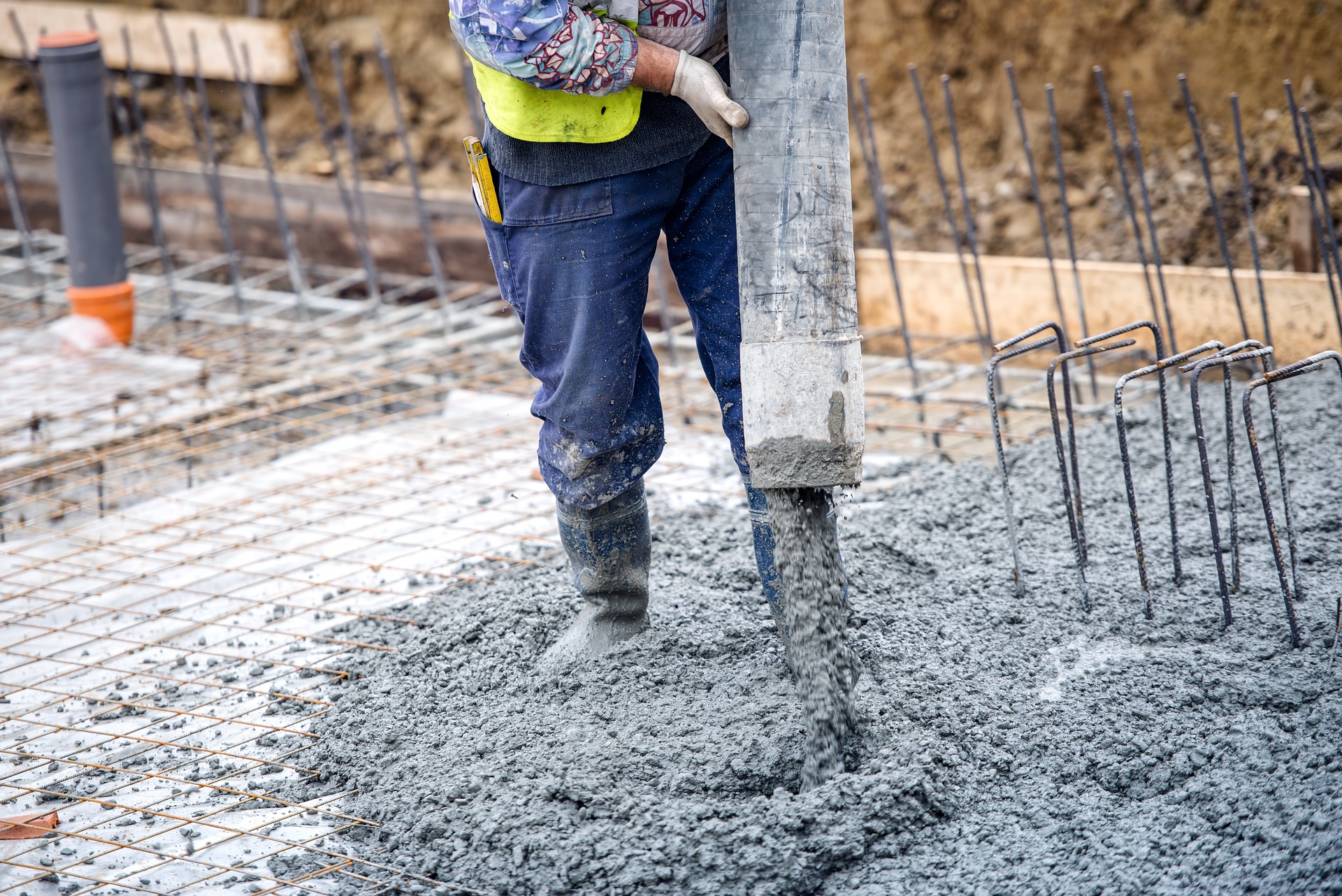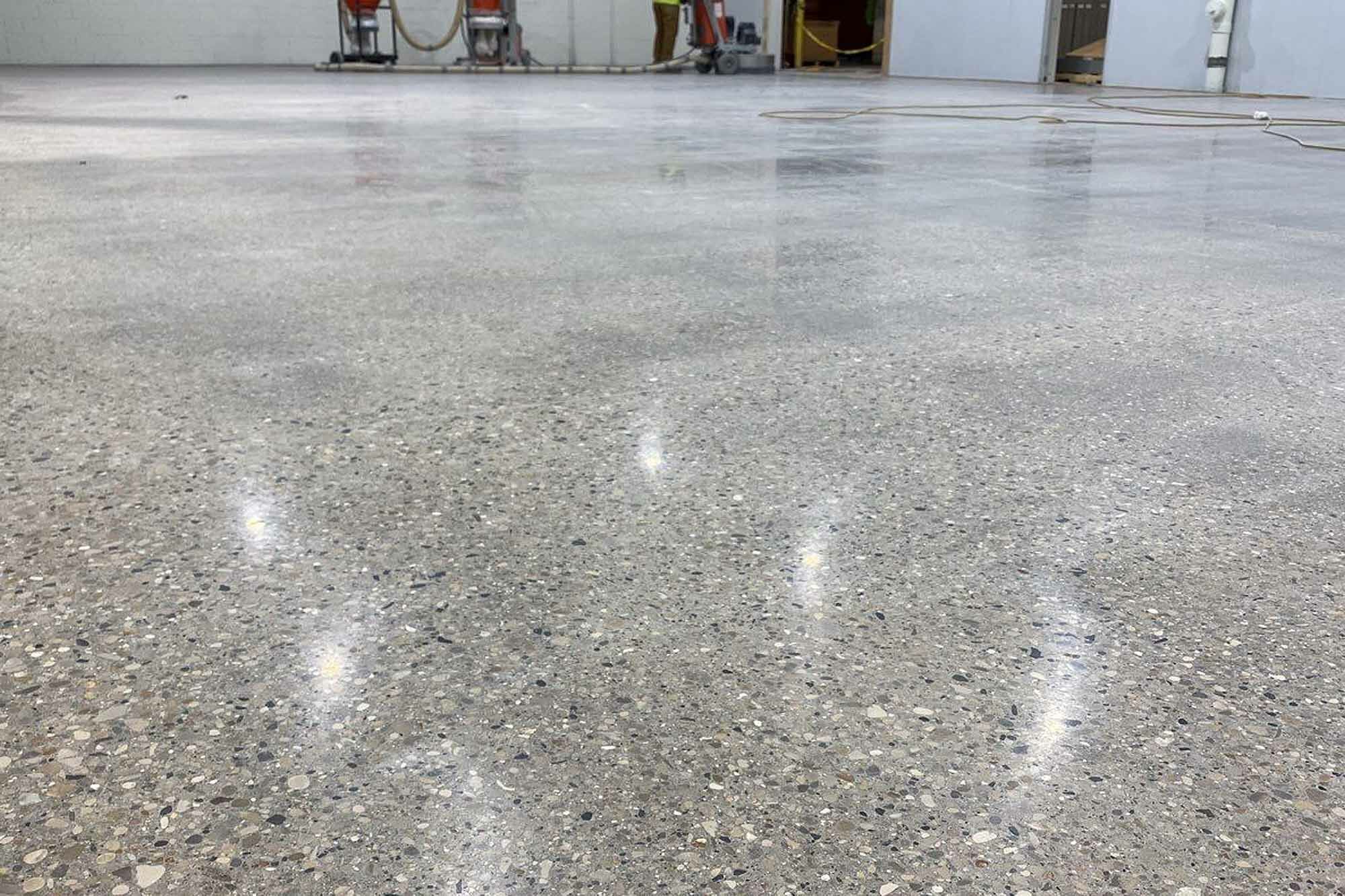Comprehensive Overview to Concrete: From Installation to Ending Up Touches
Wiki Article
Unveiling the Eco-Friendly Advantages of Using Recycled Concrete in Lasting Building Practices
In the world of sustainable building and construction practices, the utilization of recycled concrete stands as a crucial yet usually underestimated source. Beyond its traditional applications, recycled concrete offers a myriad of environmentally friendly advantages that expand much beyond the confines of conventional construction products. From lowering environmental impact to enhancing cost-efficiency, the effects of including recycled concrete in sustainable structure techniques are considerable. This versatile product not just addresses pushing ecological worries however also provides a practical service to the challenges dealt with by the construction market at large.Ecological Advantages
By including recycled concrete into building methods, there is a substantial decrease in the need for brand-new raw materials, leading to conservation of all-natural resources. In addition, the use of recycled concrete decreases the amount of waste being sent out to landfills, consequently decreasing environmental pollution and relieving the stress on land fill capabilities (Concrete).

Additionally, the production of conventional concrete is a substantial source of carbon emissions as a result of the energy-intensive procedure of cement manufacturing. In contrast, recycled concrete has a lower carbon impact as it lowers the demand for new concrete manufacturing. This decrease in carbon discharges adds to mitigating environment modification and supports lasting building methods. On the whole, the ecological advantages of utilizing recycled concrete are significant and play an important function in advertising environmentally friendly building and construction techniques.
Cost-Efficiency
When evaluating the application of recycled concrete in building projects,Attaining cost-efficiency is an extremely important consideration. Among the key benefits of making use of recycled concrete is its cost-effectiveness compared to typical concrete. The manufacturing of recycled concrete includes less energy and resources as it utilizes existing products, minimizing the overall job prices significantly. Furthermore, the schedule of recycled concrete locally can better lower transport costs, making it an extra affordable choice for construction jobs.In addition, using recycled concrete can lead to financial savings in land fill costs by drawing away concrete waste from disposal sites. This not only reduces the ecological effect yet additionally gets rid of the costs linked with waste elimination. Additionally, the longevity and efficiency of recycled concrete are equivalent to traditional concrete, guaranteeing that expense financial savings do not compromise the high quality of the building.
Sturdiness and Toughness
Taking into consideration the significant cost-efficiency advantages of making use of recycled concrete, it is important to examine its longevity and toughness in building and construction applications. Recycled concrete offers comparable, otherwise remarkable, resilience and toughness residential or commercial properties to conventional concrete. Through improvements in handling techniques and high quality control, recycled concrete can fulfill or surpass the efficiency requirements of conventional concrete. The procedure of reusing concrete entails crushing, arranging, and screening old concrete to generate aggregates that can be made use of in brand-new construction tasks. These recycled aggregates are qualified of providing check my site satisfying compressive toughness, toughness, and long-term performance.
Waste Reduction
When it comes to utilizing recycled concrete, waste reduction is an essential advantage that adds significantly to ecological preservation. By incorporating recycled concrete into building projects, this waste is repurposed and diverted from garbage dumps, decreasing the overall environmental impact of construction tasks.Furthermore, the use of recycled concrete can lead to set you back savings for building and construction jobs, as it is often more budget-friendly than sourcing and transporting new materials - Concrete. In final thought, waste decrease with the usage of recycled concrete is a crucial part of sustainable construction techniques that profits both the atmosphere and the building and construction sector as a whole.
Power Conservation
When it comes to utilizing recycled concrete in construction, considerable power financial savings are accomplished contrasted to standard concrete production. The process of producing recycled concrete involves squashing and reusing existing concrete materials, which Resources takes in less power than mining, handling, and transporting raw products for new concrete manufacturing.Conclusion
In final thought, the use of recycled concrete in sustainable building and construction practices uses many ecological benefits, cost-efficiency, durability, strength, waste reduction, and energy preservation. By incorporating recycled concrete right into building and construction jobs, we can add to an extra ecologically pleasant and sustainable future. It is essential for the construction sector to focus on the use of recycled materials to help in reducing the environmental effect of construction activities.One of the vital benefits of utilizing recycled concrete is its cost-effectiveness contrasted to traditional concrete.Furthermore, the use of recycled concrete can lead to financial savings in landfill expenses by diverting concrete waste from disposal websites. The longevity and performance of recycled concrete are comparable to traditional concrete, ensuring that expense financial savings do not jeopardize the quality of the building.

Report this wiki page